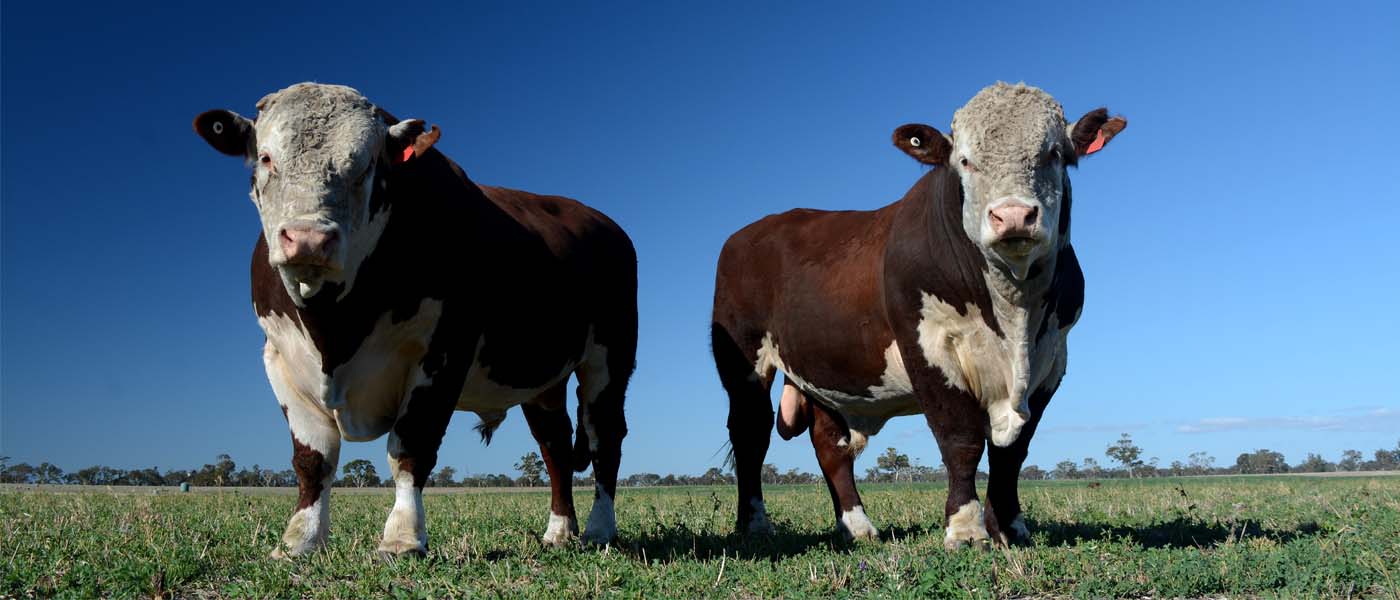
Mating season is upon us once again and it is important to set yourself up for success. Having healthy bulls in top form is important to maximise fertility and reduce the chances of mishap. The first step is to ensure that you have enough bulls for your needs. The use of synchrony programmes is often overlooked – these will increase the number of cows coming on heat, and hence you will also need to increase your bull numbers accordingly. Check that your bulls are in top health to ensure their semen quality and to reduce the risk of infectious diseases spreading in your herd. Ensuring your bulls are not lame and there are no concerns with their vision is important to confirm they can physically live up to their full potential.
Prepare your beef bulls with jump testing
Checking your bulls via bull testing is another important way of ensuring your bulls are prepared for spring. This will establish that there are no problems with their penises, such as warts or persistent frenulum, their semen is viable, and no other gross causes of infertility exist. Doing a jump test with your bulls will also ensure all bulls have good libido, and it can identify problems such as deviations and/or corkscrew penises. Checking your bulls yearly is a cost-effective way to proactively prevent situations of bull failure. Bull failure is a significant cause of dry cows, with up to 10% of yearling bulls being either infertile or subfertile. Proven sires can also be problematic – it is estimated 4% can experience significant fertility issues between breeding seasons.
Diseases to watch out for in beef bulls
Common diseases of concern, which can spread and affect your conception rates, include Bovine Viral Diarrhoea (BVD) and Infectious Bovine Rhinotracheitis (IBR). Testing your bulls for BVD and vaccinating can avoid problems such as oocyte loss, early abortion, and the birth of Persistently Infected (PI) calves. IBR can result in reductions in fertility due to its effects on the ovaries in cows and can result in abortions in pregnant cows. Bulls are a significant vector for both diseases during the mating period.
Beef bull mineral status
Checking their mineral status is an important component in maximising their fertility and health and a great way to proactively prevent problems. Deficiencies and toxicities in selenium and copper can also result in subfertility in breeding bulls.
Written by Emily Webb